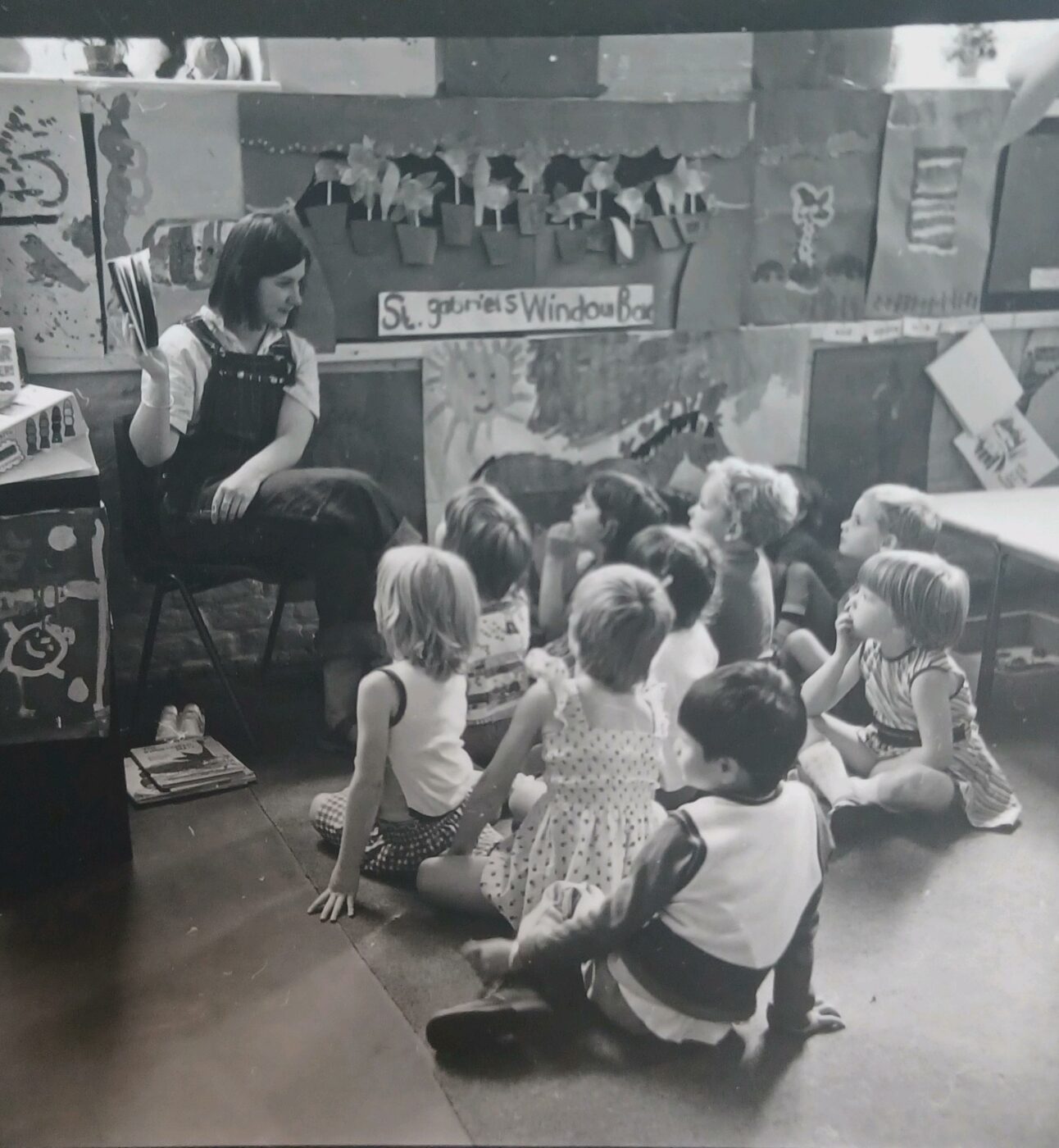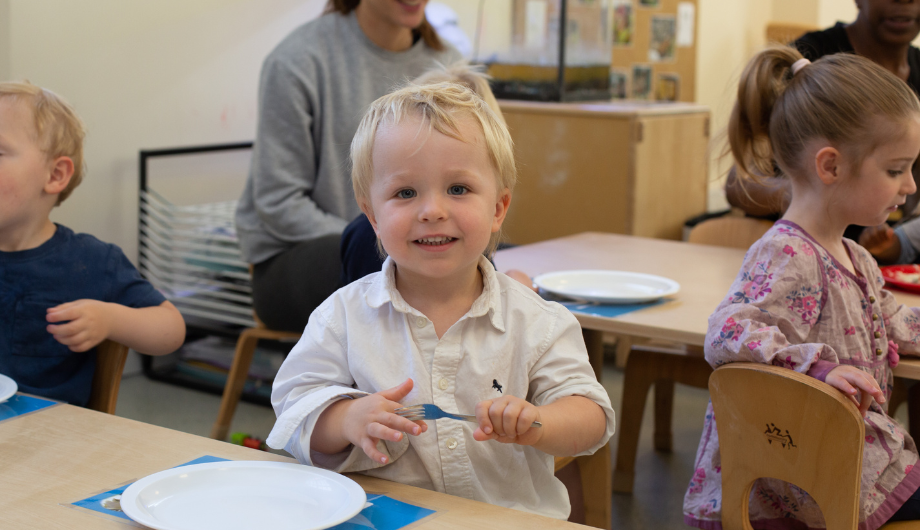
Talking Early Years: Celebrating 120 Years at LEYF
The Year That is 2023 – This year, we are proud to celebrate 120 years of LEYF. It’s been fascinating to reflect back on what has changed over…
August 13th 2012
I must admit that I was slightly worried about the Olympics. Not quite a naysayer but wary all the same. Like all ex Girl Guides, I had us planning from April and was willing to buy campbeds so staff could stay the night. Fortunately, we needed none of this.
Instead of the increase in traffic we saw a 30% reduction. It was blissful. Public transport was brilliant and everything ran like clockwork. So well done to everyone. Only now, as the first step in the Olympic legacy, please can we keep the same traffic systems so travel and traffic life will never go back to normal?
Contrast this time last year; a far cry from the public support and camaraderie of this past two weeks. The same visitors, delighted by this year’s Londoners friendliness, were watching in horror last summer as many young people tried to burn their own neighbourhoods. This year there are no flaming buildings or police in riot gear, but instead London is being congratulated by Olympic visitors for the tolerance and patience of both local citizens and volunteers, not to mention sensitive and effective policing. I’ve just been listening to Luis Fernandez, Deputy Minister of Sport in Brazil on Radio 4, confirm this view of the London Olympics; referring to G4S security management as the only disaster. (Note to UK Government – consider more social businesses for such contracts. Look how well GLL managed their contract at the Aquatic Centre; that would be another great legacy.)
So, better systems to reduce traffic would be one legacy, more social enterprises contracted to run national events would be another legacy. The third would be getting sport and sporting behaviour more effectively embedded in school life. (Ironically, less traffic might mean more children playing out, and so running about getting fit.)
And now physical is a prime subject in the revised EYFS, we better start with the earliest years and the youngest children; it would be good for our staff too. Either way, given that apparently the whole nation is plagued with obesity, poor attitude, poor spatial awareness and fear of risk and competition, it seems almost a miracle that we ended up third in the medal league with a record 65 medals – our best record yet!
Tessa Jowell, the shadow Olympics minister, has very sensibly called for cross-party consensus on a 10-year plan to build on the public enthusiasm for sport after London 2012:
One of the reasons the Olympics have been so successful in their planning and execution is that all the parties have worked together in the national interest, built a national consensus about how to deliver the Olympics. I think that sense of unity of purpose should be applied to delivering this legacy.
What a good idea; anything that avoids the unhelpful and sometimes juvenile bickering that gets in the way of great ideas. That said, there is already a lot of bickering among the parties about selling off sports fields. I do hope that their idea of a legacy will ensure that every child has the opportunity to play a range of sport and not just fixate on two hours a week chasing a ball around a field. I might have got more into sport if I could have learned tennis or handball instead of the obligatory Camogie, a ball game with the associated elements of kamikaze.
In her comments, Jowell highlighted the wider benefits of sport for children – from improved behaviour, attendance and punctuality to evidence of better academic results. Others link sport and the Olympics with national identity. These may all be true and relevant, but when they are touched by the politics wand, the fairy dust quickly becomes sawdust, as politics always manages to kill dead any spontaneous enthusiasm and groundswell action. My heart sinks when I hear fun activities linked to bigger moral and social forces. It’s probably how many small children feel when showing a painting to the teacher. She responds earnestly with “Tallulah, how lovely – do tell me all about your painting.” “Oh God,” thinks Tallulah, “just say you like it and let me be.”
So let the legacy be that we held a great event. London was exemplary and preparation counted for a lot. We pulled together and supported the athletes with great warmth and enthusiasm. We watched many young people show us how to be good at something. We recognised the coaches and those quiet supporters that help people achieve. We liked what we saw, and we want more of it; we want our children to be able to do this more easily. Let’s open our hearts and our pockets and make it happen, but leave the grandstanding and the politics on the side-lines.

The Year That is 2023 – This year, we are proud to celebrate 120 years of LEYF. It’s been fascinating to reflect back on what has changed over…

We have been raising the issues of childcare funding for over 10 years. It has been so long, I am amazed at how patient I’ve remained – and…

In the beginning of 2022 So here we are. The final blog of 2022. And hey, we’ve managed to get through what has been a year of discontent and foolishness.